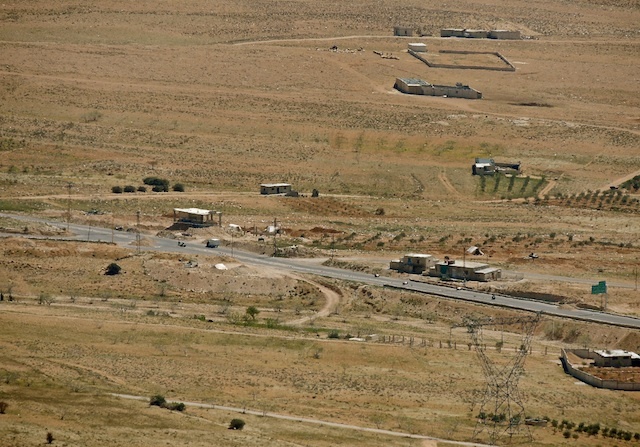Τα καλύτερα θέματα του VICE Greece στο inbox σου!
Με την εγγραφή σας στο newsletter του VICE συμφωνείτε να λαμβάνετε ηλεκτρονικά ενημερώσεις που αφορούν το VICE, οι οποίες ορισμένες φορές ενδέχεται να περιλαμβάνουν διαφημιστικό ή/και χορηγούμενο περιεχόμενο.























